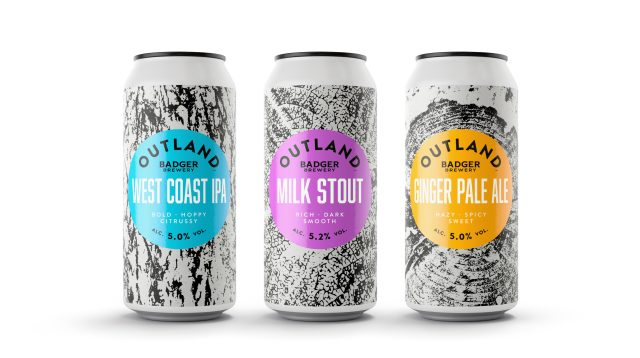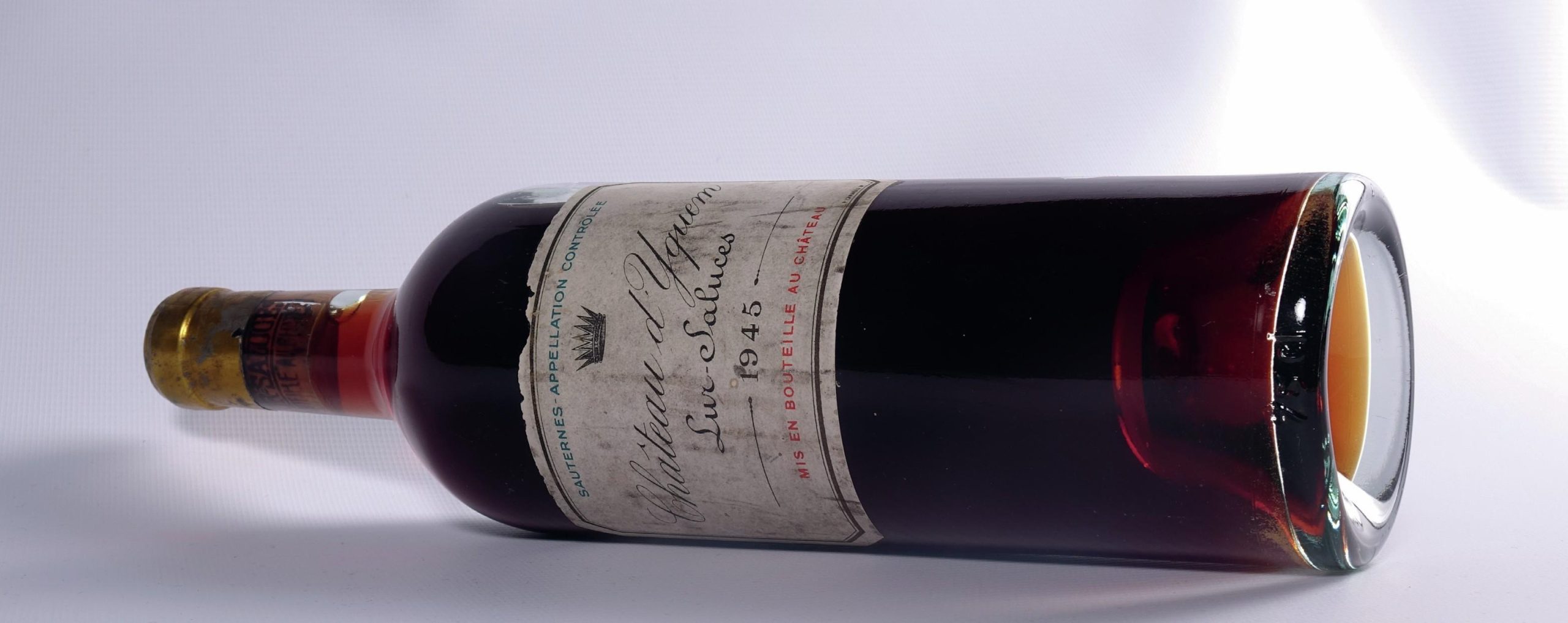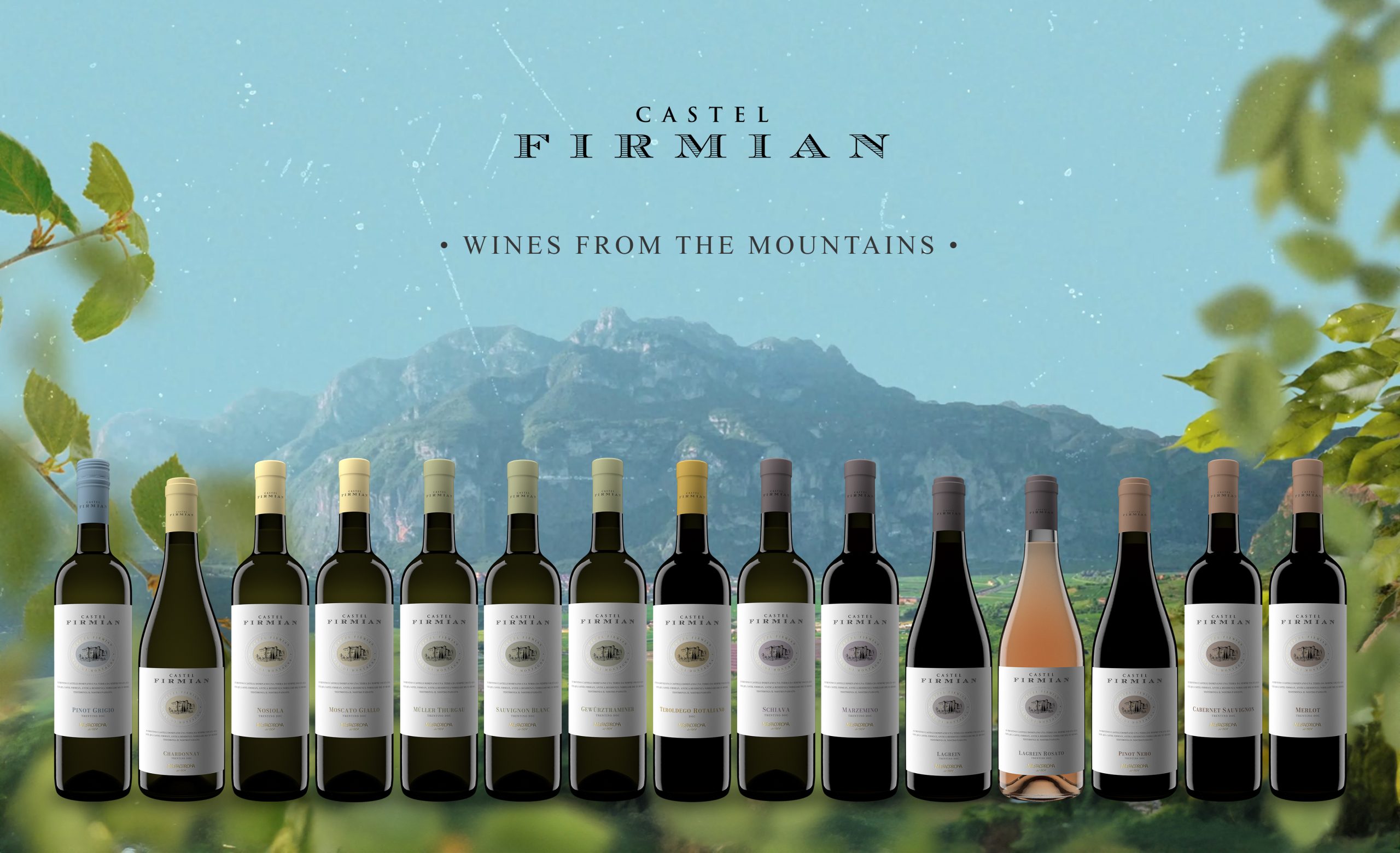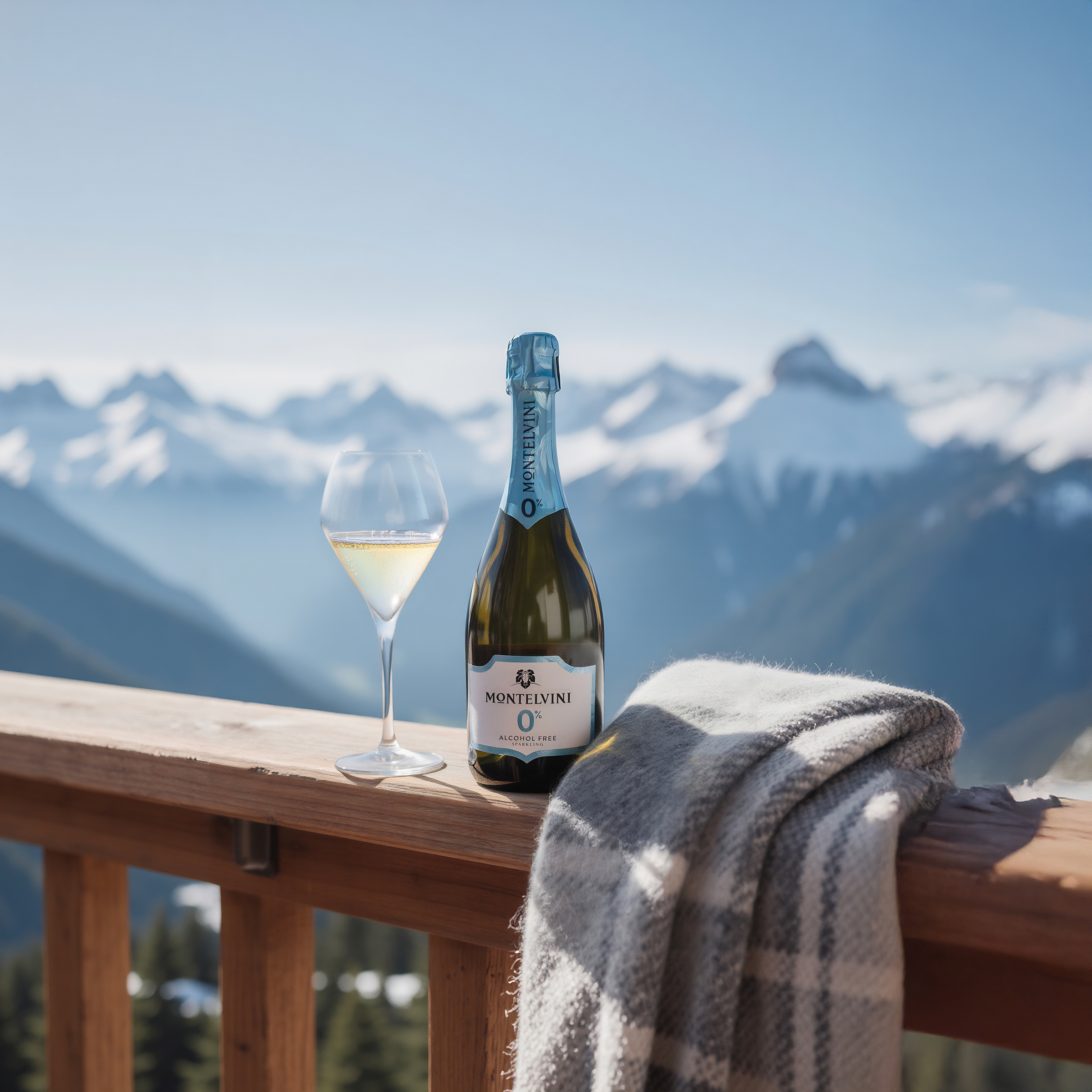Hall & Woodhouse creates craft beer brand Outland
Hall & Woodhouse, the Dorset-based beer and pub company that owns Badger Beers, has developed a new craft range named Outland.

Speaking to the drinks business, the company revealed that the range launches in April with a 5.2% ABV milk stout and 5% ABV ginger pale ale in cans along with a 5% ABV draught west coast IPA, which will initially available in Hall & Woodhouse pubs with cans to follow in the autumn.
Explaining why the brewery had selected these styles to launch first, Toby Heasman, head brewer at Hall & Woodhouse told db: “We wanted to offer a real diversity of tastes across the range, and flavours that were adventurous but still accessible – and in keeping with the overall Badger values.”
The Outland range will be brewed at the Hall & Woodhouse brewery in Blandford St. Mary and Heasman admitted that the stout is actually the former Badger Milk Made stout, but with a new moniker, explaining to db: “The milk stout was probably the easiest decision, given the renaissance stout is enjoying currently, so we took the opportunity to bring our award-winning Milk Made stout, launched in 2020, into the Outland range.”
According to Hall & Woodhouse, developing Outland as a new sub-brand is part of “fundamental shift in attitude” for the company following “an all-encompassing review of its brands” and stated that “while Badger’s 240-year brewing tradition and roots in Dorset remain integral to its positioning, it is now looking to build on its heritage to become a more innovative, consumer-centric brewer, with greater appeal to the 21st century beer drinker”.
In conversation with db, Giles Mountford, drinks marketing manager for Hall & Woodhouse described how “drinkers expect craft beers to have a significantly different taste to more traditional beers, like our premium bottled ales. Craft IPAs need to be strongly hopped, and additional flavours like ginger have to be bold. We’ve created the Outland range to meet these expectations, while still keeping the flavour profiles accessible, in keeping with the Badger brand”.
Partner Content
The company also outlined how the Outland cans have been designed to communicate “strong craft cues”. Querying what those “craft cues” were, Mountford told db: “Just as drinkers have expectations of craft beer flavours, so they also expect the packaging to conform to certain parameters. Craft beers are generally in cans rather than bottles, and the pack design is usually more vibrant and exciting than some more traditional beers. We’ve also ensured that our packaging is really easy to decipher with clear messaging on beer type, flavours and ABV, making it super easy to choose in a busy beer aisle.”
Heasman additionally explained why the company had chosen its 440ml can format and revealed: “We’re following the trend towards 440ml cans, which have grown rapidly over recent years and now account for around the same share of the canned market as 330ml cans. 440ml cans meet the category requirements for single cans while 330mls are often better suited to multipack formats.”
Hall & Woodhouse is supporting the launch of Outland with a £250,000 campaign and has secured listings for its Outland ginger pale ale and milk stout in Sainsburys and Waitrose from April, with Morrisons and Ocado set to follow later in the year with 440ml cans retailing at £3 each.
Mountford added: “Outland will be going into all Hall & Woodhouse 54 managed pubs and selected pubs within the 109-strong leased/tenanted estate. Outland will also be available at selected beer festivals and events across the spring and summer including BrewLDN and Teddy Rocks, a music event in Dorset.”
Hall & Woodhouse is also planning an update for its main Badger brand which will begin with an initial redesign of its core beer range before it is relaunched into retail later in the year.
Related news




